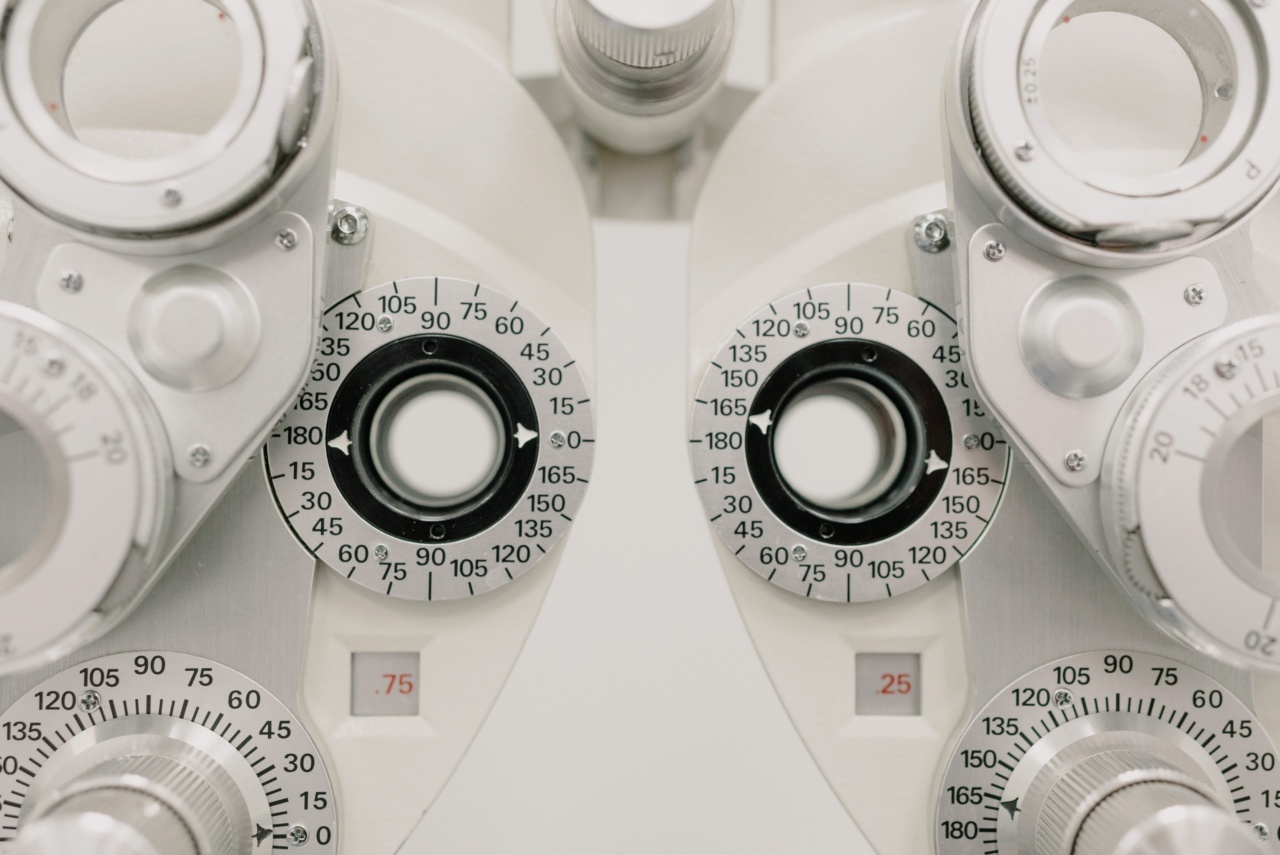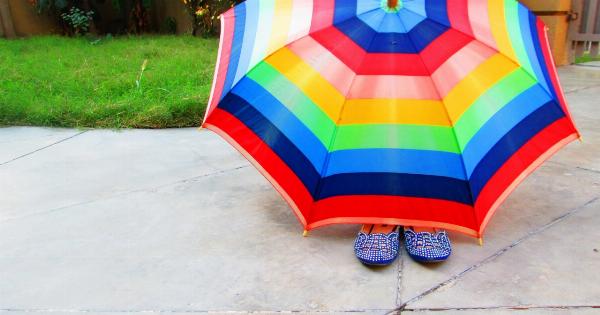Our eyes are one of the most important organs in our body, and taking care of them should be a priority. However, sometimes our eyes need a little help in the form of glasses.
Glasses can be prescribed for nearsightedness, farsightedness, astigmatism, or presbyopia. But how do glasses work, and how do they affect our vision? Let’s take a closer look.
How Glasses Work
Glasses work by refracting light as it enters our eyes. When light enters the eye, it is focused by the cornea and lens onto the retina at the back of the eye.
The retina contains cells that convert the light into electrical signals that are sent to the brain, where they are interpreted as vision. However, if the cornea and lens do not bend the light properly, the image will be blurry. This is where glasses come in.
Glasses have lenses that are designed to refract light in a specific way, depending on the person’s prescription. The prescription is determined by an eye doctor who measures the person’s refractive error using a series of tests.
The lenses in the glasses are then manufactured to correct for the person’s specific refractive error.
For people with nearsightedness, glasses have lenses that are thinner on the edges and thicker in the middle, causing the light to diverge before entering the eye.
This helps to correct the blurry vision that people with nearsightedness experience when looking at objects in the distance. For people with farsightedness, glasses have lenses that are thicker on the edges and thinner in the middle, causing the light to converge before entering the eye.
This corrects the blurry vision that people with farsightedness experience when looking at objects up close.
Astigmatism is a condition where the cornea is irregularly shaped, causing light to be refracted unevenly and resulting in blurry vision. Glasses for astigmatism have lenses that are cylindrically shaped to correct for the uneven refraction.
Presbyopia is a condition that occurs with age, where the lens in the eye becomes less flexible and has difficulty focusing on objects up close. Glasses for presbyopia have bifocal or progressive lenses that have different areas for distance and close-up focus.
The Benefits of Glasses
Glasses can help to correct vision problems and improve overall visual clarity. Without glasses, people with refractive errors may have difficulty performing tasks such as reading, driving, and operating machinery.
Glasses can make these tasks easier and safer.
Glasses can also help to prevent eye strain and fatigue. People who spend a lot of time looking at computer screens or performing other close-up tasks may experience eye strain and fatigue, which can lead to headaches and other discomfort.
Glasses with a prescription for close-up work can help to reduce this strain.
Another benefit of glasses is that they can protect the eyes from harmful UV radiation. Many glasses have lenses that are treated with a special coating that blocks UV radiation.
This can help to prevent cataracts, macular degeneration, and other eye problems associated with UV exposure.
The Drawbacks of Glasses
While glasses have many benefits, there are also some drawbacks to consider. One of the biggest drawbacks of glasses is that they can be inconvenient. Glasses can be easily misplaced or damaged, and they require cleaning and maintenance.
People who participate in sports or other activities may find glasses to be cumbersome, and may prefer to wear contact lenses or undergo laser eye surgery.
Glasses can also be expensive. Depending on the type of glasses and the prescription, the cost of glasses can be several hundred dollars or more.
This cost can be a barrier for people who cannot afford the expense of glasses, especially if they do not have access to insurance coverage or financial assistance programs.
Finally, glasses can be a source of self-consciousness for some people. Glasses can change a person’s appearance, and some people may feel that they look unattractive or nerdy when wearing glasses.
This can create self-esteem issues and make it difficult for people to feel confident in their own skin.
Taking Care of Your Glasses
If you wear glasses, it is important to take good care of them to ensure that they last as long as possible and provide the best vision correction. Here are some tips for taking care of your glasses:.
- Clean your glasses regularly using a microfiber cloth and lens cleaner
- Avoid using paper products or clothing to clean your glasses, as these materials can scratch the lenses
- Store your glasses in a protective case when not in use
- Avoid leaving your glasses in a hot car or other area with extreme temperatures
- Have your glasses adjusted by an optician if they become loose or uncomfortable
Conclusion
Glasses are an important tool for correcting vision problems and improving overall visual clarity. They can help to prevent eye strain and fatigue, protect the eyes from UV radiation, and make daily tasks easier and safer.
However, glasses can also be inconvenient, expensive, and a source of self-consciousness for some people. If you wear glasses, it is important to take good care of them to ensure that they last as long as possible and provide the best vision correction.




























